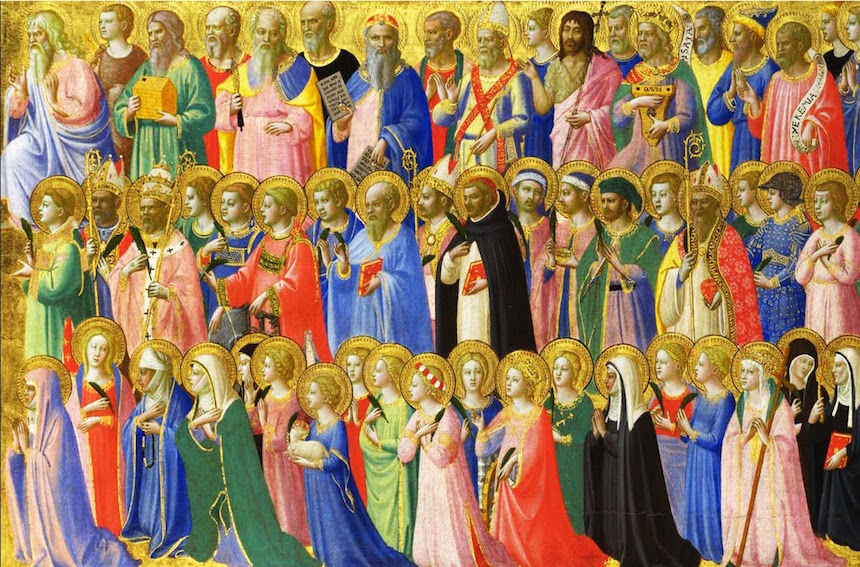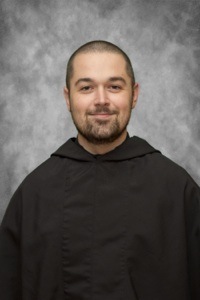Restless Heart: 9 – “Friends in high places” (Part II)


In this week’s episode, we return to the Saints! Nessa and I share some Saint stories: St. Basil, St. Teresa of Calcutta and St. Philip Neri.
Please subscribe to this podcast using iTunes and Google Play and if you have any feedback or would like to pose a question for an upcoming episode, you can send us a message from the website or tweet us at @davidandnessa.
Episode 9: Friends in high places, Part II (Download)
— Show Notes —
* My other podcast is “The Eagle and Child”, where my friend Matt and I talk about the works of C.S. Lewis. At the moment we’re working through “Mere Christianity”.
* Brother Peter, who was walking the San Diego Missions, was from the same order as Fr. Benedict Groeschel, who belonged to the Franciscan Friars of the Renewal.
* The Camino De Santiago is a pilgrimage route from the south of France to the far western coast of Spain. I walked this route in September of 1996.
* Our first Saint was St. Basil of Caesarea. I spoke about the Emperor Valens, Arianism and the Council of Nicaea. I’ve written a little bit about St. Basil here.
* Our second Saint was St. Mother Teresa of Calcutta.
* When speaking about Mother Teresa, I quoted Peter Kreeft, a well-known Philosophy Professor at Boston College: “I think nobody alive today is a more powerful agent of conversion than someone like Mother Teresa. You can refute arguments but not her life. When she came to the National Prayer Breakfast and lectured President Clinton about abortion, he had nothing to say to her. He can’t argue with a saint. It’s too bad there isn’t an easier way, because becoming a saint is not the easiest thing in the world. It’s much easier to become an apologist or a philosopher or a theologian”
* I also quote from St. Augustine’s “Confessions” (XIII, Chapter 7, 17) “But I, miserable young man…entreated chastity of You, and said, Grant me chastity and continency, but not yet. For I was afraid lest You should hear me soon, and soon deliver me from the disease of concupiscence, which I desired to have satisfied rather than extinguished”
* Nessa also quoted from Pastor Rick Warren: “Most people today do not know the difference between a hero and a celebrity. Celebrities are famous for being famous and typically use the spotlight to promote themselves. The difference between heroes and celebrities lies in the reason for their sacrifice. Celebrities often make sacrifices, but they are made for personal benefit: to win a game, an award or an election. For instance, professional athletes, actors and entertainers may be celebrities, but they are not really heroes. They sacrifice for what they do because they enjoy it, or for money, or for fame or for personal satisfactions. Heroes, in contract, sacrifice for the benefit of others. They are self-giving. Mother Teresa is ‘Exhibit A’ of a true hero, a Saint”
* The final Saint we discussed was St. Philip Neri.
* My request “Sing me soft kitty” was a reference to the TV show “The Big Bang Theory”.
* There is still time to follow us @davidandnessa in order to win the new book by Jackie and Bobbie Angel.








 It’s Theology On Tap time again!
It’s Theology On Tap time again!